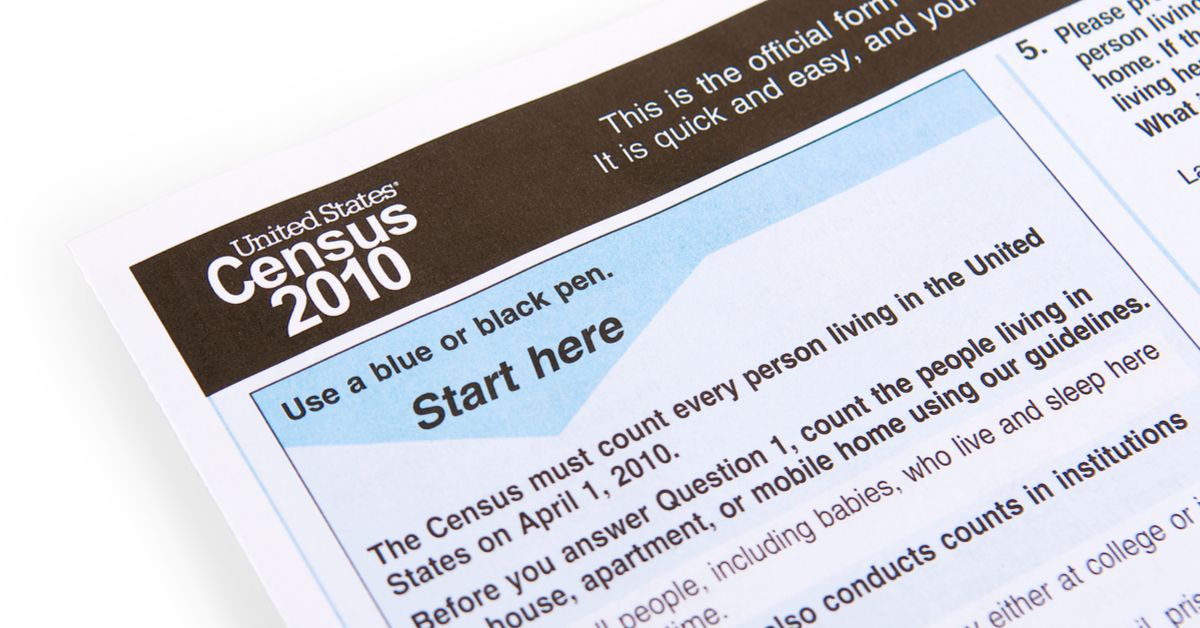A March 2018 announcement by the Trump administration that they planned to "reinstate" questions about citizenship on the 2020 census form prompted criticism from groups who said it might skew the results of the census by discouraging non-citizen immigrants from participating.
Critics such as California Attorney General Xavier Becerra said President Trump's constant "vilification" of immigrants and his administration's anti-immigrant policies were likely to make non-citizens afraid to fill out the forms at all. California was one of a dozen or more states filing lawsuits against the federal government to block the change.
According to Secretary of Commerce Wilbur Ross, whose department oversees the Census Bureau, no evidence exists to support those objections, but an amicus brief signed by four former census directors argued otherwise:
Recent experience demonstrates lowered participation in the census and increased suspicion of government collection of information in general. Particular anxiety exists among non-citizens. There would be little incentive for non-citizens to offer to the government their actual status; the result would be a reduced rate of response overall and an increase in inaccurate responses. Both would frustrate the actual express obligation the Constitution imposes on the U.S. Census Bureau to obtain a count of the whole number of persons in order to apportion House of Representatives seats among the states.
The commerce secretary defended the collection of citizenship data on census forms as a "long-standing historical practice," a justification echoed by White House press secretary Sarah Huckabee Sanders during a 27 March 2018 press briefing when she said, "Look, this is a question that's been included in every census since 1965 with the exception of 2010, when it was removed."
But while it's true that U.S. census forms routinely requested citizenship information in the past (consistently so from 1890 through 1950, the Census Bureau said), Sanders misstated the facts about more recent developments.
The census is a decennial event, meaning it occurs every 10 years. There was a census in 1960, and one in 1970, for example, but there wasn't one in 1965 (it's unclear why Sanders cited that year as a reference point).
It's misleading, moreover, to claim that the citizenship question was "removed" from the census in 2010 (and just plain false to claim that President Barack Obama removed it). As noted above, the citizenship question was standard on census forms through 1950; then, for unexplained reasons, it was omitted in 1960 for everyone except residents of New York City and Puerto Rico. Beginning in 1970 and continuing through 2000, the Census Bureau used two different questionnaires to gather information: a short form sent to more than 80 percent of American households which did not inquire about citizenship, and a long form distributed to fewer than 20 percent of American households which did. The long form was discontinued after 2000, so in 2010 every household received the short form — meaning, in effect, that no one was asked for citizenship data in that year's decennial census. But it wasn't because any questions were "removed."
By then, the Census Bureau was relying on another program called the American Community Survey (ACS) to collect most of the same data (including citizenship information) that the long form did, but on an ongoing, annual basis instead of once a decade. That it's still in use means that technically the Census Bureau never actually stopped asking the citizenship question; to put it more accurately, since 2000 they have only asked the citizenship question of the approximately 3.5 million households (2.6 percent of the population) per year who participated in the ACS survey.
Returning to Sarah Huckabee Sanders' statement, while it is not absolutely incorrect to claim, as she apparently intended to do, that every census between 1960 and 2010 included a question about citizenship, it is misleading. The vast majority of Americans — the more than 80 percent who only filled out the short form during that 50-year period — wouldn't have been asked about citizenship anyway, because the question only appeared on the long form. And that form ceased to exist after 2000 (a change that was already in the works by 2005, when the annual ACS survey was fully implemented).
Strictly speaking, then, the Trump administration isn't asking to "reinstate" the citizenship question. Rather, they're calling for it to be added for the first time since its inception in 1970 to the short form that will be mailed to every American household in 2020.
It wouldn't be the first time people are required to divulge their citizenship status on a U.S. census form, but it would be the first time since 1950 that everyone is required to do so.
